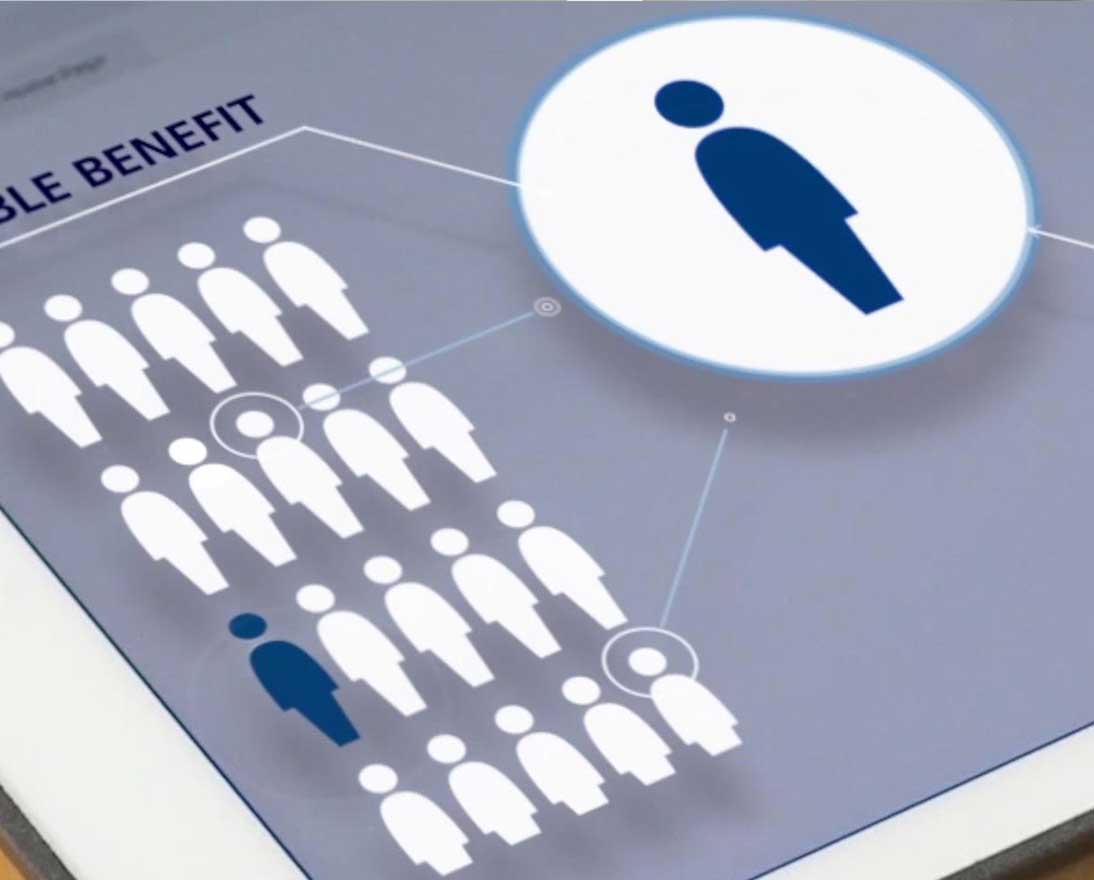What employees want
Future of workArticleDecember 1, 2015
Companies today offer a wide range of exciting benefits from free food to massages and sports facilities. But what should they be offering to attract and retain staff?
Companies are offering increasingly inventive perks to attract and keep employees. Tiens Group, a pharmaceutical company in China, recently treated 6,400 employees to a four-day trip to France at an estimated cost of up to $22m. That makes the beach volleyball court provided by search engine giant Yahoo seem positively tame by comparison.
While such benefits sound exciting, are they really what motivates employees to take a job and – more importantly – keep it?
A new survey from job search company Glassdoor indicates that less flashy benefits pertaining to personal finance and family security are more likely to impress potential and existing staff. The survey of workers in the US revealed that, while 79 per cent of employees would prefer additional perks to a pay rise, the most-valued benefits were healthcare insurance, pensions and paid sick days.
Employers should be communicating clearly about non-traditional compensation.
While 40 per cent of respondents said they would value insurance more than a pay rise, and 31 per cent would prefer a pension, just 19 per cent were more attracted to perks such as a casual dress code or a free lunch.
"In order to compete in today's labor market, it's not just about salary and compensation, employers should be communicating clearly about non-traditional compensation," says Rusty Rueff, a career and workplace expert with Glassdoor.
Giving employees peace of mind
Paolo Marini, Global Head, Customer Management, Corporate Life & Pensions at Zurich Insurance Group, believes that headline-grabbing perks aren't always the best. "We see a lot of varied benefits being provided by employers, such as laundry services, free food, and gym membership," he says.
"Protection from death and disability is definitely less visible, less flashy, but very useful in giving employees peace of mind and encouraging loyalty. If an employer wants to be perceived as an employer of choice, isn't it better if it provides employees with adequate protection towards keeping their lifestyle in the longer term?"
While search giant Google offers employees free food and lets them bring their pets to work, most identified the death in service benefit, parental leave and the assistance the company gives to sick employees as the top benefits, in comments on Quora.
Paul Cowan, an engineer at Google Australia, said that he was: "kind of blown away to learn about the death benefit. If a Googler dies, all their stock vests immediately, and on top of the (not atypical, I think?) life insurance payout, their surviving spouse continues to get half of the Googler's salary for the next 10 years. And there's an additional $1,000/month benefit for any of the Googler's children. When I mentioned this benefit to my wife, she cried. She actually cried that the company would do that for her if something happened to me."
All people used to care about … was cash.
A corporate image as a caring employer
BNP Paribas, the global banking and financial services company, is another business that recognizes the value of protecting its employees. "All people used to care about when we were recruiting them was cash," says Ian Mackenzie, head of the company's pensions and benefits in the UK. "Now they look for core benefits like pensions, medical schemes, life insurance, and increasingly income protection as well.
"If we are going to look after people and project that image genuinely as a caring employer and a good employer, to not have that protection, that safety net for people who go off sick for the long term, would be a huge hole in our offering. So we have to offer it, we promote it as a very good benefit."
Key takeaways
- More companies are offering a range of benefits in addition to salary.
- But not all "flashy" benefits are valued by potential recruits.
- More workers would prefer pension or insurance benefits than free food.
- Offering financial protection is an increasingly effective tool for recruiting and retaining employees.
- Income protection insurance forms an important part of what a "caring employer" should offer.

